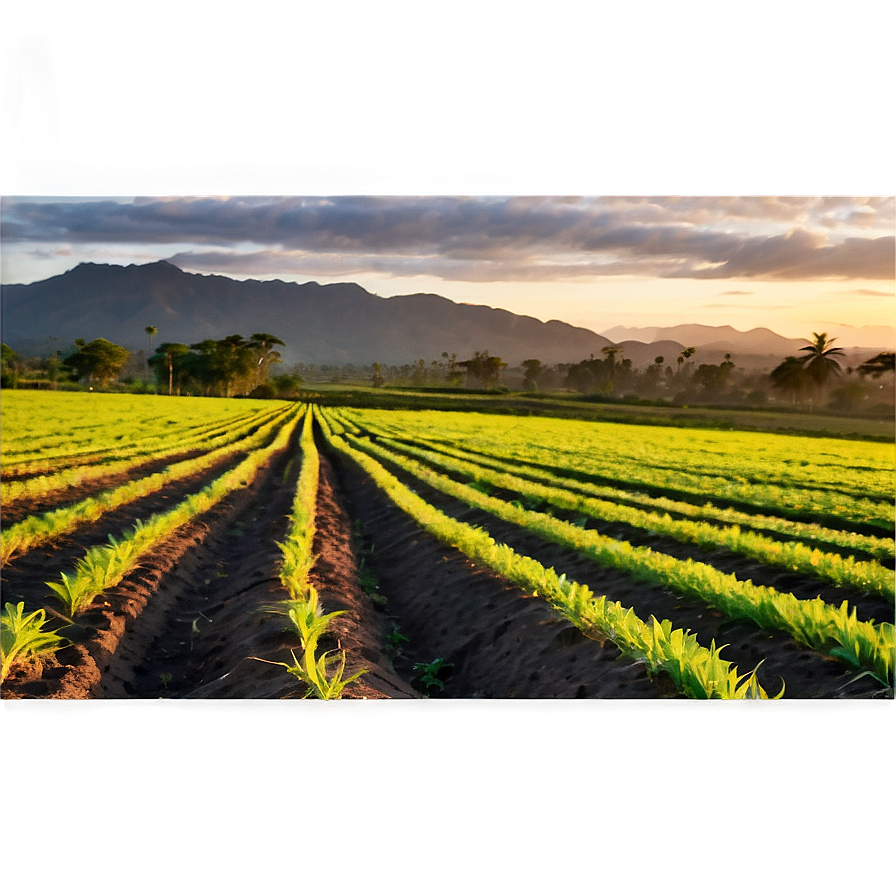Top Factors to Consider When Purchasing Agricultural Land
Investing in agricultural land can be a profitable venture, offering long-term returns and sustainable growth. However, buying the right piece of land requires careful consideration of various factors to ensure your investment aligns with your goals. In this blog post, we’ll explore the top factors you should consider when purchasing agricultural land, helping you make an informed decision with insights from 46acres.com.

Soil Quality
The quality of the soil is perhaps the most critical factor when purchasing agricultural land. Fertile soil will determine the types of crops you can grow and the overall productivity of your farm. Conduct soil tests to assess its composition, pH level, and nutrient content. 46acres.com recommends consulting with local agricultural experts to understand the soil’s suitability for your intended crops.
Water Availability and Irrigation
Access to water is essential for successful farming. Ensure that the land has a reliable water source, whether through natural rainfall, rivers, or wells. Check the availability of irrigation systems and the legal rights to water usage. At 46acres.com, we emphasize the importance of understanding local water laws and ensuring sustainable water management practices are in place.
Location and Accessibility
The location of the land is crucial for several reasons, including proximity to markets, transportation networks, and labor availability. Land located near major roads and towns will reduce transportation costs and make it easier to access resources and sell your produce. 46acres.com suggests considering the distance to suppliers, buyers, and essential services when evaluating potential properties.
Climate and Weather Conditions
The local climate plays a significant role in determining what crops you can grow and how successful your farming operations will be. Research the region’s climate, including average temperatures, rainfall patterns, and the likelihood of extreme weather events. At 46acres.com, we recommend selecting land in a region with a climate that matches your farming goals and is conducive to the crops you intend to cultivate.
Land Size and Topography
The size of the land will impact your farming capacity and scalability. Assess the topography to ensure it is suitable for your intended use, whether it’s crop farming, livestock rearing, or agroforestry. Flat, well-drained land is generally more desirable, but gently sloping land can also be beneficial for certain types of agriculture. 46acres.com advises considering the land’s potential for future expansion when determining the appropriate size.
Legal Considerations and Land Ownership
Before purchasing, it’s vital to conduct thorough due diligence on the legal aspects of the land. Verify the land ownership, check for any existing disputes, and ensure that all necessary documentation is in place. 46acres.com recommends consulting with a legal expert to navigate local regulations, zoning laws, and any restrictions that may apply to the land.
Infrastructure and Amenities
Consider the availability of essential infrastructure such as electricity, roads, and storage facilities. These amenities will impact the efficiency of your farming operations and the overall cost of development. At 46acres.com, we highlight the importance of evaluating existing infrastructure and the potential costs of upgrading or installing necessary facilities.
Environmental Impact and Sustainability
Sustainable farming practices are increasingly important in today’s agricultural landscape. Assess the environmental impact of your farming activities, including soil erosion, deforestation, and water usage. 46acres.com encourages investing in land that allows for eco-friendly practices, such as crop rotation, organic farming, and conservation tillage, to ensure long-term viability and environmental stewardship.
Market Potential and Crop Demand
Understanding the demand for your intended crops is crucial for the success of your agricultural venture. Research local and regional markets to determine the profitability of various crops. 46acres.com advises aligning your crop selection with market trends and consumer preferences to maximize your returns on investment.
Community and Support Networks
Farming can be challenging, so having access to a supportive community and agricultural networks can be invaluable. Consider the local farming community, access to agricultural extension services, and potential partnerships with other farmers or agribusinesses. 46acres.com suggests building relationships with local stakeholders to benefit from shared knowledge and resources.
Conclusion
Purchasing agricultural land is a significant investment that requires careful consideration of various factors. By evaluating soil quality, water availability, location, climate, and other critical aspects, you can make a well-informed decision that aligns with your farming goals. At 46acres.com, we are committed to helping you find the perfect agricultural land, offering expert advice and a wide selection of properties to suit your needs.
Whether you’re a seasoned farmer or a first-time buyer, keeping these factors in mind will guide you toward a successful and sustainable investment in agricultural land.

